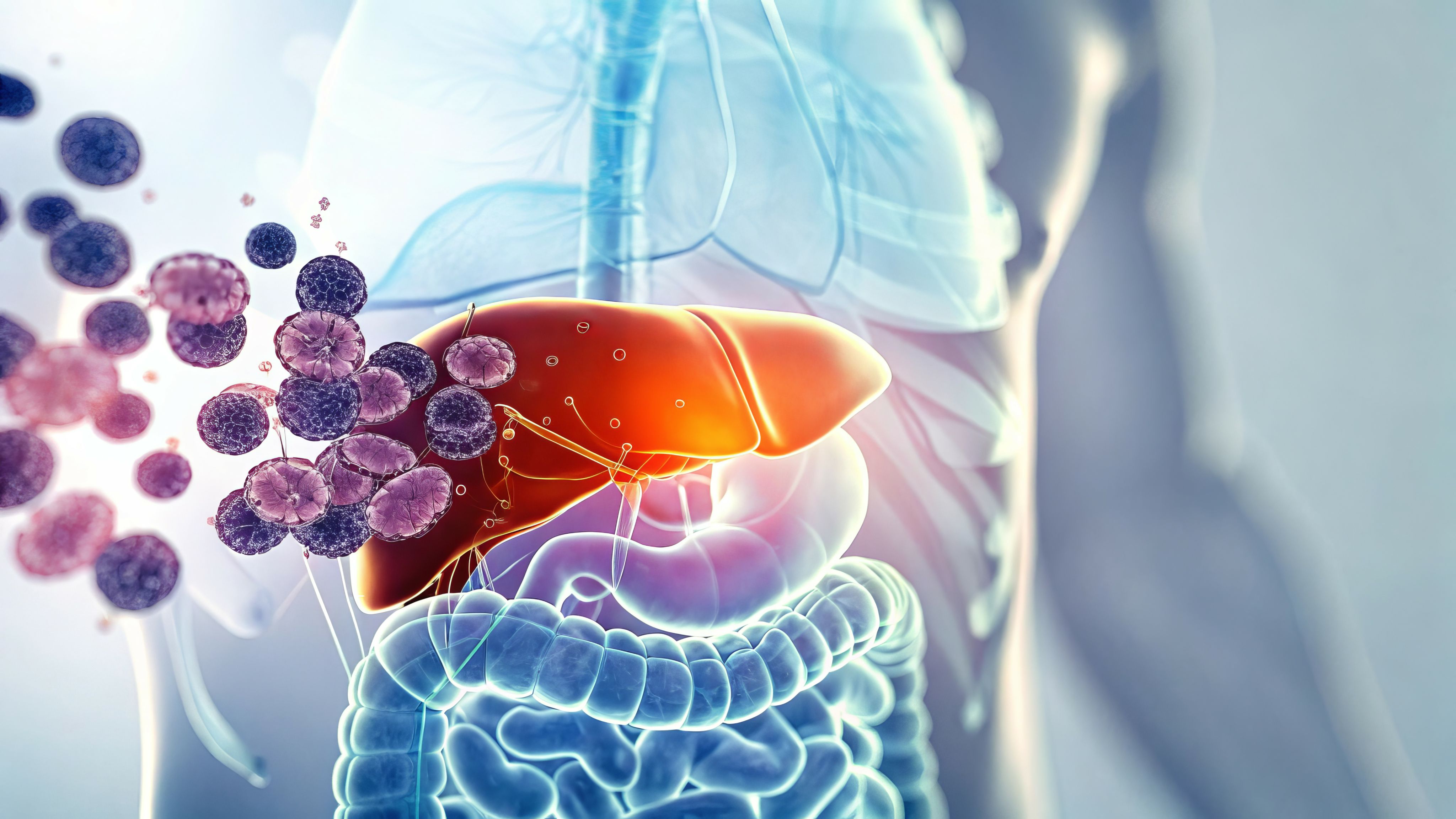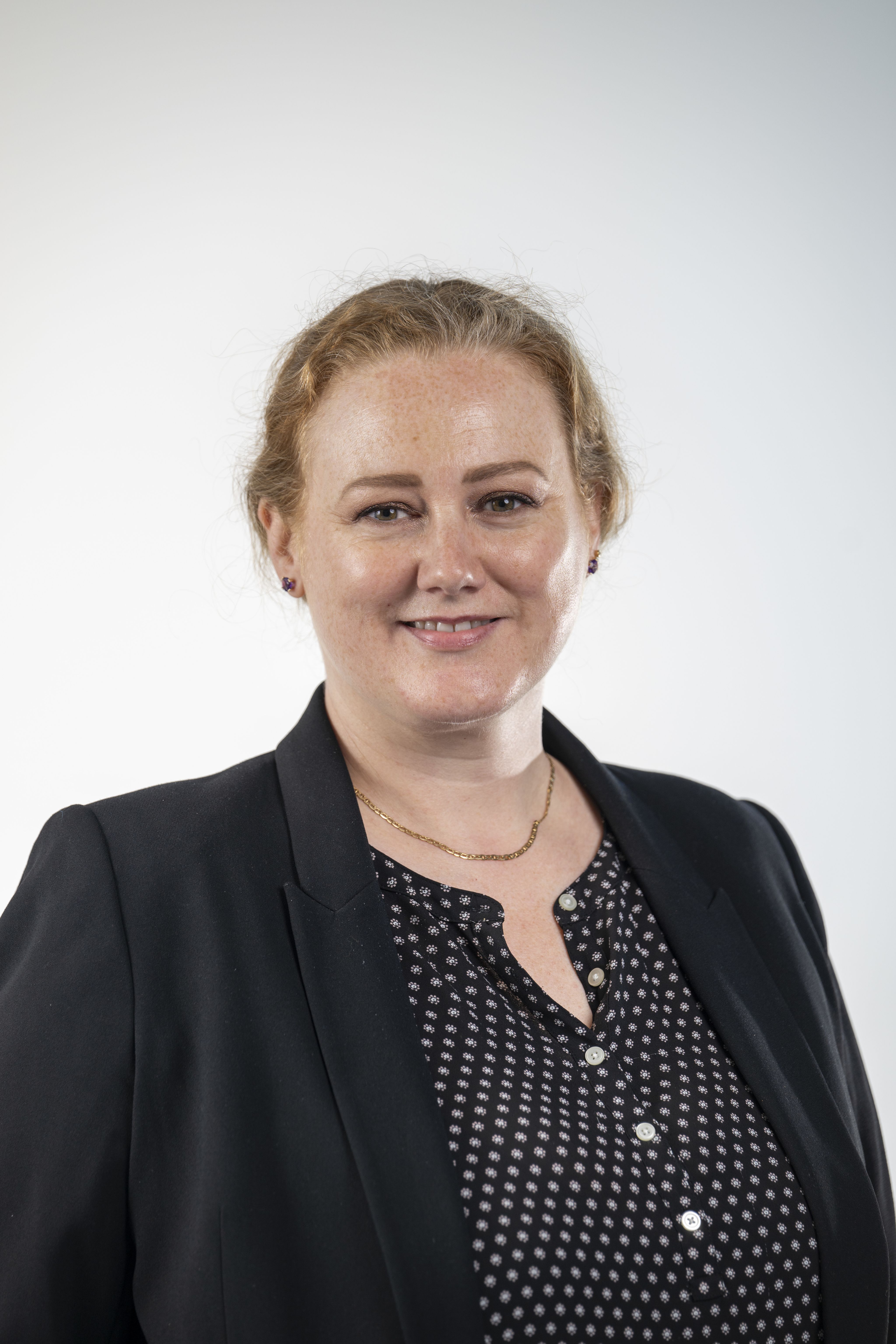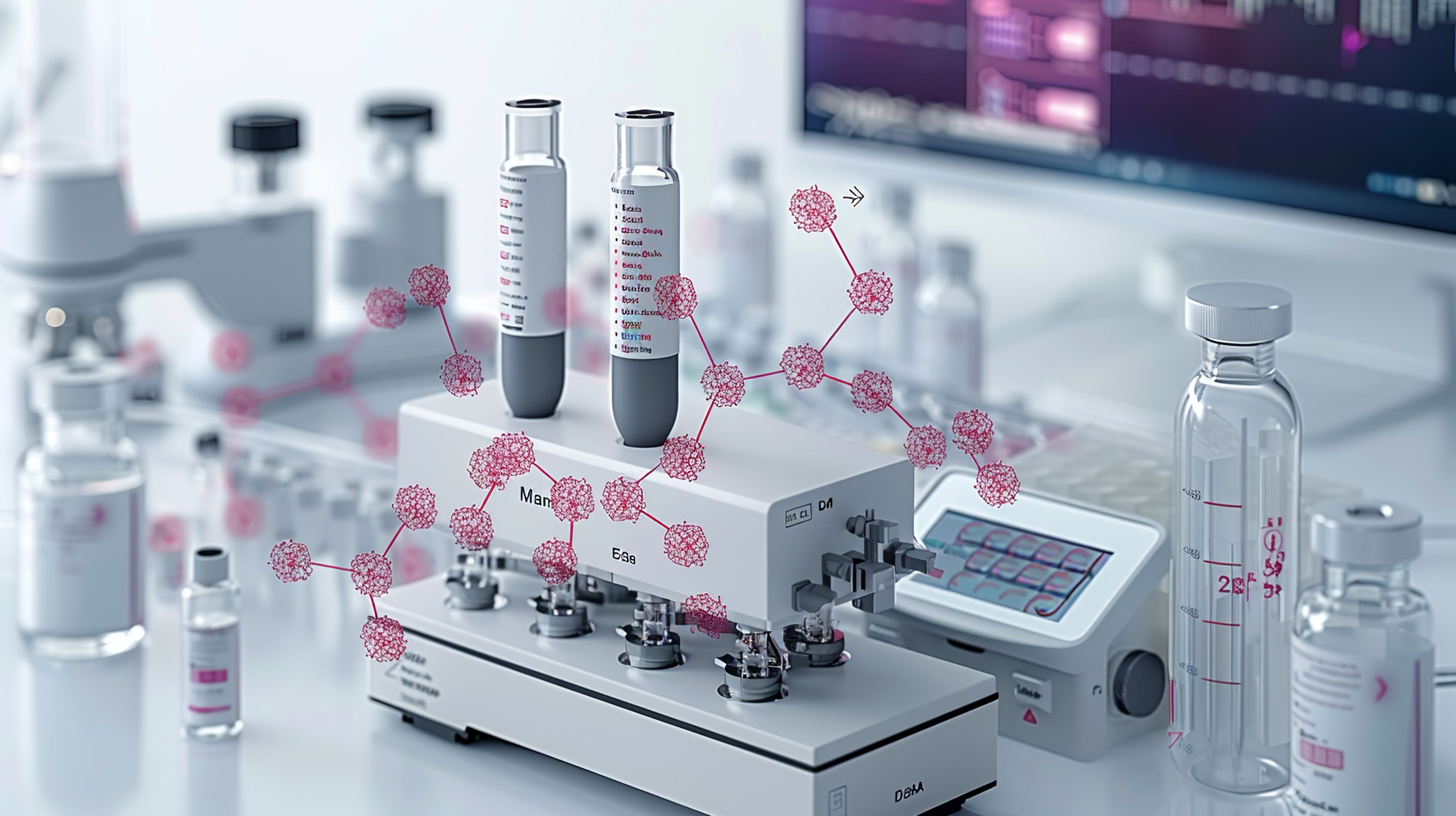Infection and Immunity:
from Discovery to Therapeutics
Pillar 3
Institute for Health Discovery and Innovation

Enabling Technology and Innovation
Our overarching aim is to establish the IHDI as an Infectious Disease Centre of Excellence that will positively impact global health by pioneering innovative research with translational impact driven by interdisciplinary and international collaboration
Aims
Our research is dedicated to advancing the fight against infectious diseases through a multifaceted approach. We focus on the development and testing of novel therapeutics, adjuvants, and anti-pathogens targeting antimicrobial-resistant (AMR) organisms. Our work also includes the creation and translation of vaccines and advanced drug-resistant (ADR) therapeutics for both human and animal parasites. We aim to deepen understanding of infection and resistance mechanisms, pathogenesis, and immune responses to both emerging and established pathogens. In addition, we are pioneering rapid and innovative diagnostic tools, enhancing disease surveillance systems, and strengthening pandemic preparedness through forecasting, epidemiology, and serology studies. Our efforts extend to the development of antimicrobial coatings for medical devices and materials, as well as novel models, methodologies, and platforms for infectious disease discovery and therapeutic evaluation.
Research Focus
Microbiology / Bacteriology
Diagnostics, infection, invasion and colonisation mechanisms, therapeutics, vaccines, AMR, diagnostics, genomics, OneHealth, next generation probiotics
Zoology
Parasitology, vaccines, diagnostics, ADR, therapeutics, animal studies, zoonoses, EID
Chemistry
Novel therapeutics, antimicrobials and adjuvants, coatings, modulators
Engineering
Devices and biomaterials for diagnostics and therapeutics
Computer science
Epidemiology, serology, disease surveillance, predictive interaction modelling
Mathematics and bioinfomatics
Genomic surveillance and pandemic preparedness
Medicine
Sepsis, animal infection models, patient sampling, early phase clinical trials, biobanking, translation
Objectives
This research pillar is committed to fostering a collaborative and innovative environment to tackle infectious diseases. We aim to facilitate networking and partnerships across disciplines, promoting inter- and multi-disciplinary approaches that drive scientific innovation. A key focus is on building translational knowledge and capacity to bridge the gap between research and real-world application. We actively pursue funding opportunities to support both scientific advancement and targeted networking initiatives. Additionally, we prioritize robust surveillance and data-sharing practices, alongside meaningful public and patient engagement, ensuring that our research remains transparent, inclusive, and impactful.
HBC Lead - Dr Michelle Kilcoyne
Dr Michelle Kilcoyne completed her PhD in analytical carbohydrate chemistry in the School of Chemistry at University of Galway in 2004, specialising in structural analysis of bacterial polysaccharides. She then took up a postdoctoral position in Arizona State University where she further specialised in mass spectrometry and HPLC, as well as expanding her interests in to mammalian glycosylation. She returned as a postdoctoral researcher to University of Galway in 2007 working on industry-supported and European projects, developing high throughput platforms for carbohydrate profiling. In 2014 Dr Kilcoyne was appointed Lecturer in Glycosciences and is a member of Discipline of Microbiology at University of Galway. She was the recipient of a Royal Society of Chemistry Analytical Chemistry Trust Fund Fellowship for 2018.
Dr Kilcoyne's main research interests are in host-microbe interactions, immune response, bacterial polysaccharides and biofilms, and development of carbohydrate analytical methods and platforms for analytics. Michelle is collaborating with the Molecular Parasitology group to enhance our knowledge of parasite glycans and their role in infection.

Professor Jim O'Gara
Jim O’Gara is a Professor of Microbiology at the University of Galway. Following postdoctoral fellowships at the University of Texas Medical School in Houston and Trinity College Dublin he previously held academic posts in the Royal College of Surgeons in Ireland and University College Dublin. His research group is currently focused on the identification and characterization of novel drug targets, from which new therapeutic interventions can be developed for the improved treatment of antibiotic resistant and chronic infections.

Professor John Pius Dalton
Prof. John Pius Dalton carried out his BSc and PhD in Zoology/Parasitology at University College Dublin, Ireland. Over the last 35 years he has researched in the USA (Johns Hopkins School of Medicine, Baltimore, MD, and National Institutes for Allergies and Infectious Diseases, Bethesda, MD), Australia (Queensland Institute for Medical Research, Brisbane, and University of Technology, Sydney, Sydney), Canada (McGill University, Montreal) and Ireland (Dubin City University and Queen’s University Belfast). He has published >250 manuscripts, edited Fasciolosis 1st/2nd Edition and has been involved in two start-ups (Ildana Biotech, Ireland, and Helmedix, Australia). Over the last 20 years he has drawn funding from industry, Europe (FP3, FP4, FP7 and Horizon 2020) and was part of several major vaccine collaborations including PARAGONE and PARAVAC Vaccines Consortium. He was recipient of a Canadian Institute for Health Research (CIHR) Chair Tier 1 (2009-2014) and a European Research Council (ERC) Advanced Grant (2013-2018). He won the NSW Government award in Biotechnology in 2009, Queensland Institute for Medical Research Bancroft Medal in 2012 and the UK Royal Society Wolfson Research Merit Award in 2013 for his work in parasite immunology and vaccine development. He is currently a Research Ireland Professor in Molecular Parasitology , and an Established Professor in the School of Natural Science at the University of Galway. His goal is to understand the fundamental biology of parasites and their complex relationship with their hosts, both animal and human. With this knowledge he is designing new strategies to diagnose zoonotic parasitic infections and developing new anti-parasite protein and nucleic acid vaccines.

Dr Kate Reddington
Dr Reddington is a Lecturer in Microbiology and a Principal Investigator in the Infectious Disease Section in the School of Biological and Chemical Sciences at University of Galway. Her research focuses on the development of innovative solutions for infectious disease diagnostics and public health microbiology. Of particular interest to her research group is the application of emerging technologies in clinical microbiology, both from human and healthcare environmental reservoir samples. Dr Reddington is the chair of the working group "Diagnostics for established and emerging pathogens" in the Infection & Immunity Challenge Cluster in the IHDI.

Professor Conor O'Byrne
Prof O’Byrne graduated from UCC in 1990 with a BSc degree in Microbiology, before going to the University of Dundee to do a PhD under the supervision of Prof Charles Dorman, focusing on gene regulation on Salmonella Typhimurium. After a 4-year post-doctoral position at Unilever in Bedfordshire he secured a fellowship to take up a position at the University of Aberdeen where his research shifted to working on Listeria monocytogenes. He moved his research group, the Bacterial Stress Response Group, to the University of Galway in 2002 and since then has focused on understanding the molecular responses to stress in food-borne bacterial pathogens, primarily Listeria monocytogenes and Escherichia coli. He has worked on understanding the molecular mechanisms of stress sensing in these pathogens as well as the protective responses they instigate. He has attracted over €12M in research funding from national and international sources and has been involved as both collaborator and coordinator of several large EU projects.

Contact Details
Email address: michelle.kilcoyne@universityofgalway.ie
Phone: 00 353 091 495885
